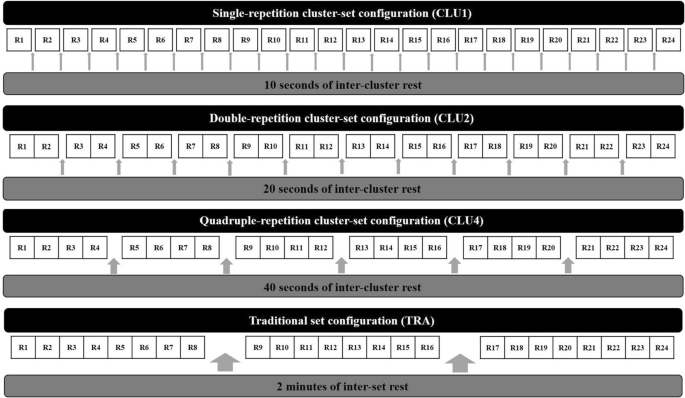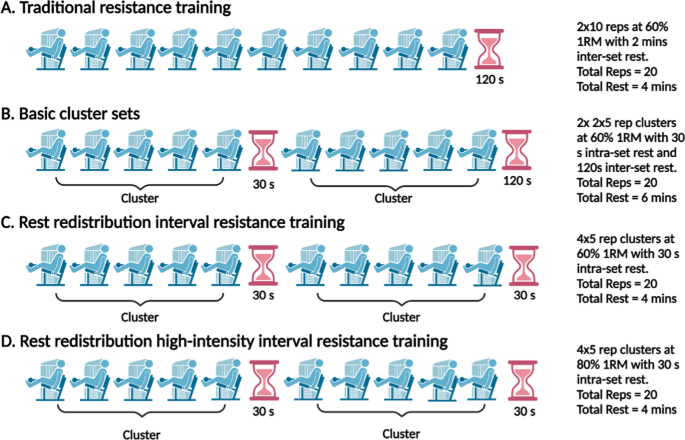
The integration of resistance training for cardiac patients leads to important health outcomes that are not optimally obtained with aerobic exercise; these include an increase in muscle mass, maintenance of bone mineral density, and improvements in muscular fitness parameters. Despite the proliferation of evidence supporting resistance exercise in recent decades, the implementation of resistance training is underutilised, and prescription is often sub-optimal in cardiac patients. This is frequently associated with safety concerns and inadequate methods of practical exercise prescription. This review discusses the potential application of cluster sets to prescribe interval resistance training in cardiac populations. The addition of planned, regular passive intra-set rest periods (cluster sets) in resistance training (i.e., interval resistance training) may be a practical solution for reducing the magnitude of haemodynamic responses observed with traditional resistance training. This interval resistance training approach may be a more suitable option for cardiac patients. Additionally, many cardiac patients present with impaired exercise tolerance; this model of interval resistance training may be a more suitable option to reduce fatigue, increase patient tolerance and enhance performance to these workloads. Practical strategies to implement interval resistance training for cardiac patients are also discussed. Preliminary evidence suggests that interval resistance training may lead to safer acute haemodynamic responses in cardiac patients. Future research is needed to determine the efficacy and feasibility of interval resistance training for health outcomes in this population.

Home-based high-intensity interval training improves cardiorespiratory fitness: a systematic review and meta-analysis, BMC Sports Science, Medicine and Rehabilitation

Exercise Standards for Testing and Training
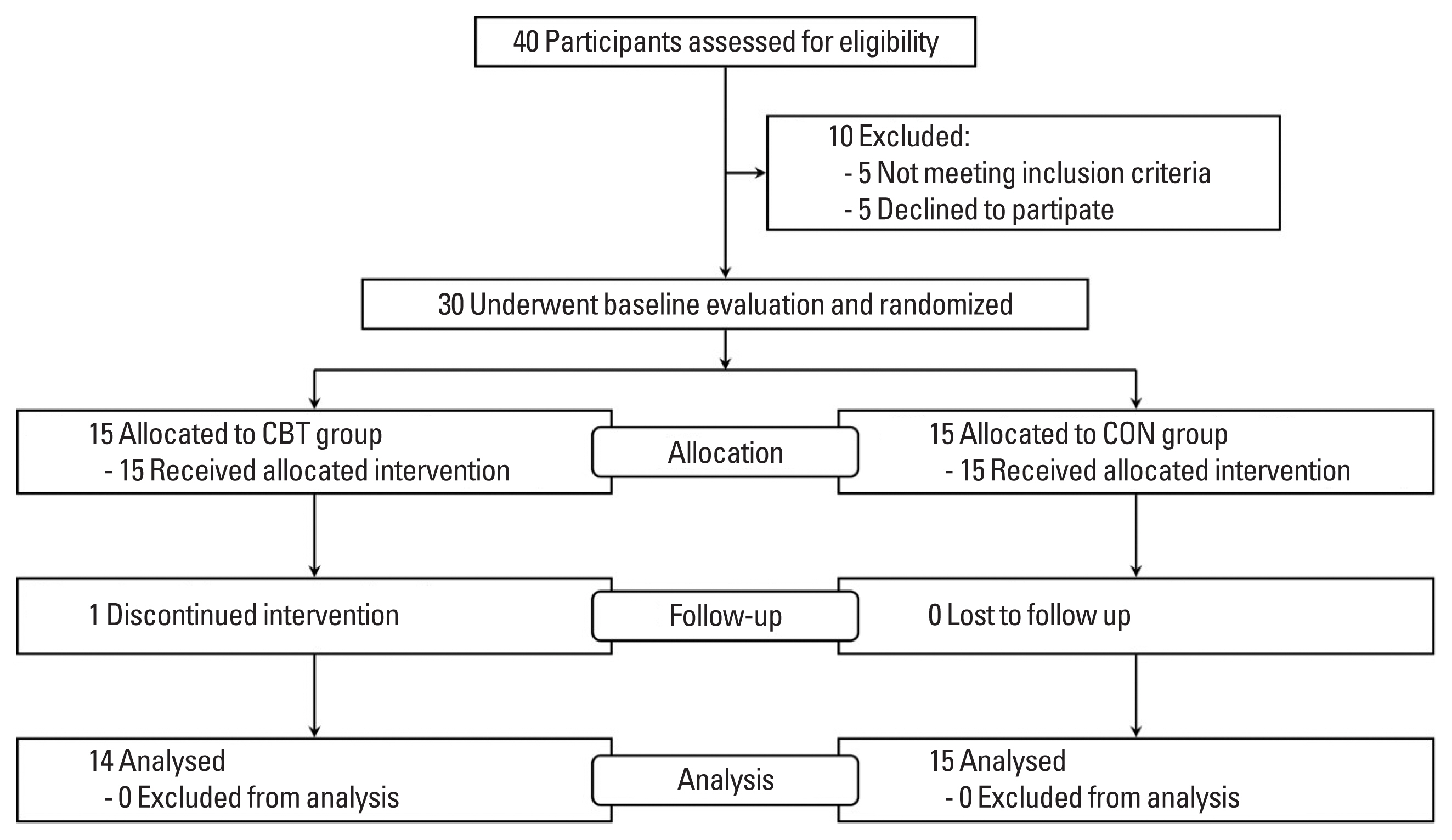
Improved arterial stiffness after combined aerobic and resistance training: correlation with heart rate variability change in prehypertensive offspring of hypertensive parents

Language and sensorimotor simulation in conceptual processing: Multilevel analysis and statistical power

Feasibility and impact of whole-body high-intensity interval training in patients with stable coronary artery disease: a randomised controlled trial
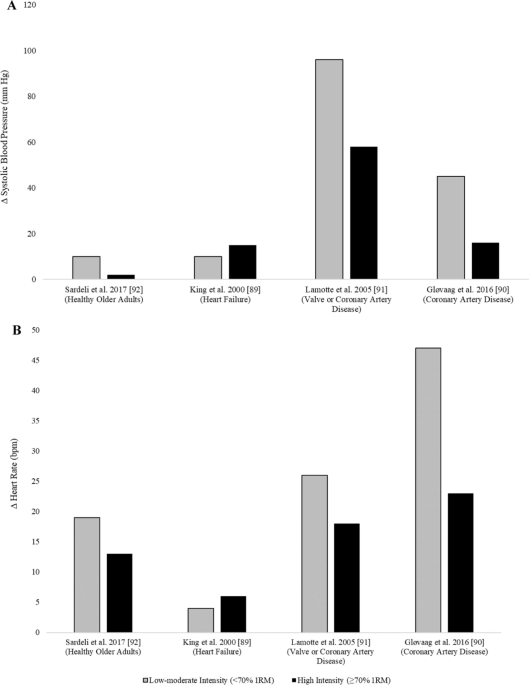
Cluster Sets to Prescribe Interval Resistance Training: A Potential Method to Optimise Resistance Training Safety, Feasibility and Efficacy in Cardiac Patients, Sports Medicine - Open

PDF) Paired serum S-100B and neuron-specific enolase assay in early and fast assessment of brain damage after cardiac arrest
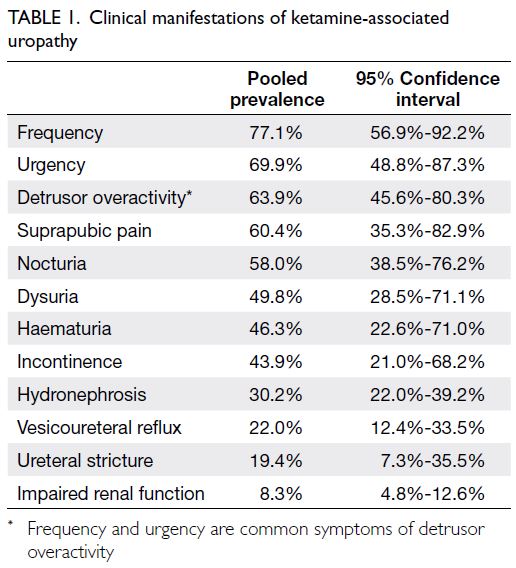
Review Article

Geoff Bowling on LinkedIn: #exerciseismedicine #physicalandhealth #clinicalexercisephysiology…

The Role of Exercise in Diabetes - Endotext - NCBI Bookshelf

PDF] Dynamic strength training intensity in cardiovascular rehabilitation: is it time to reconsider clinical practice? A systematic review

The Acute Neuromuscular Responses to Cluster Set Resistance Training: A Systematic Review and Meta-Analysis
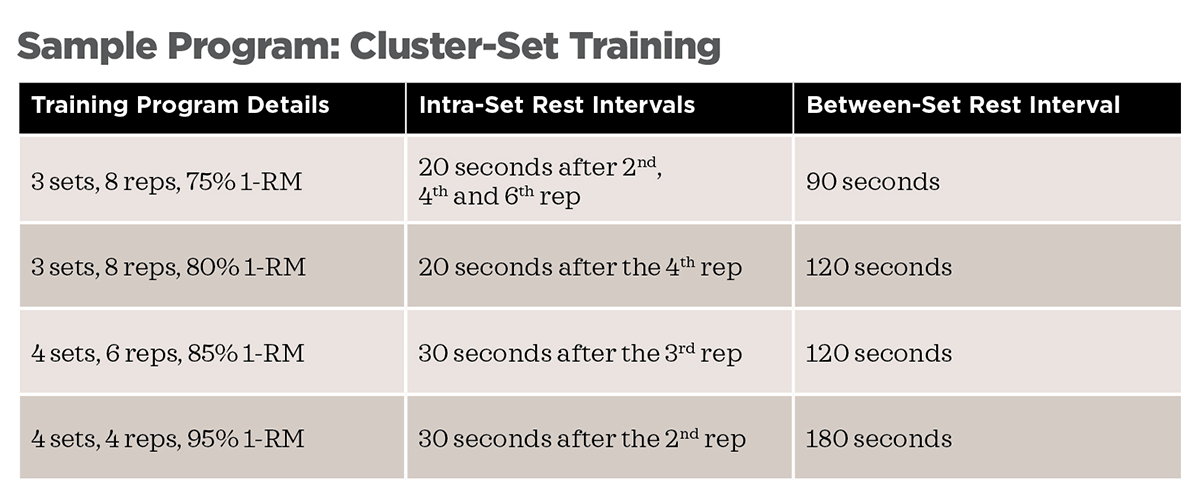
Resistance Training Techniques - IDEA Health & Fitness
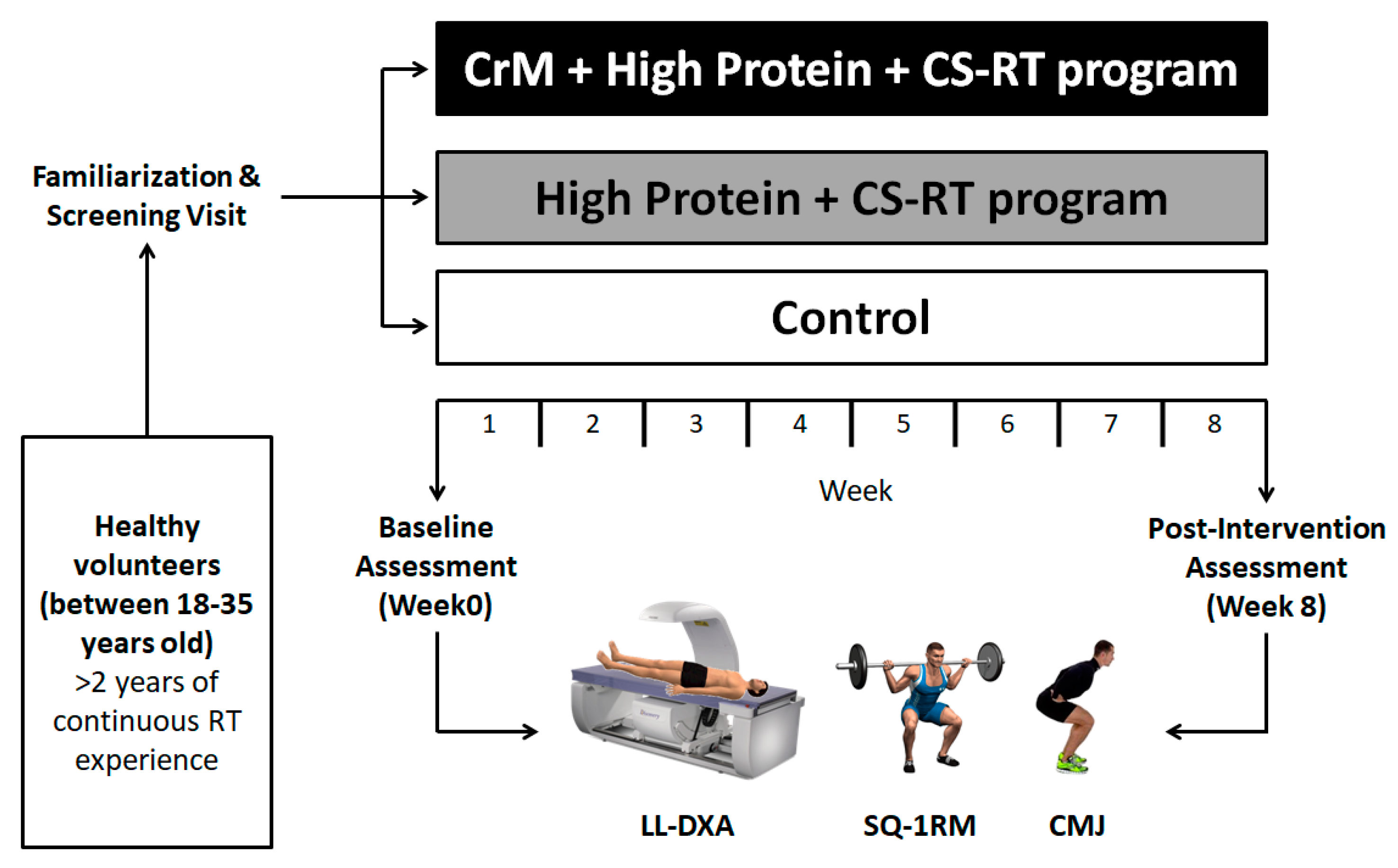
Nutrients, Free Full-Text




